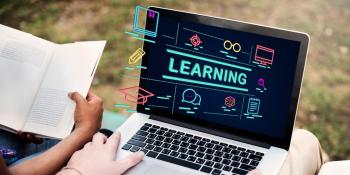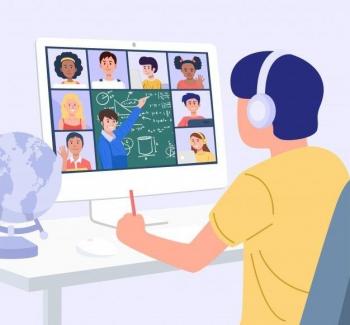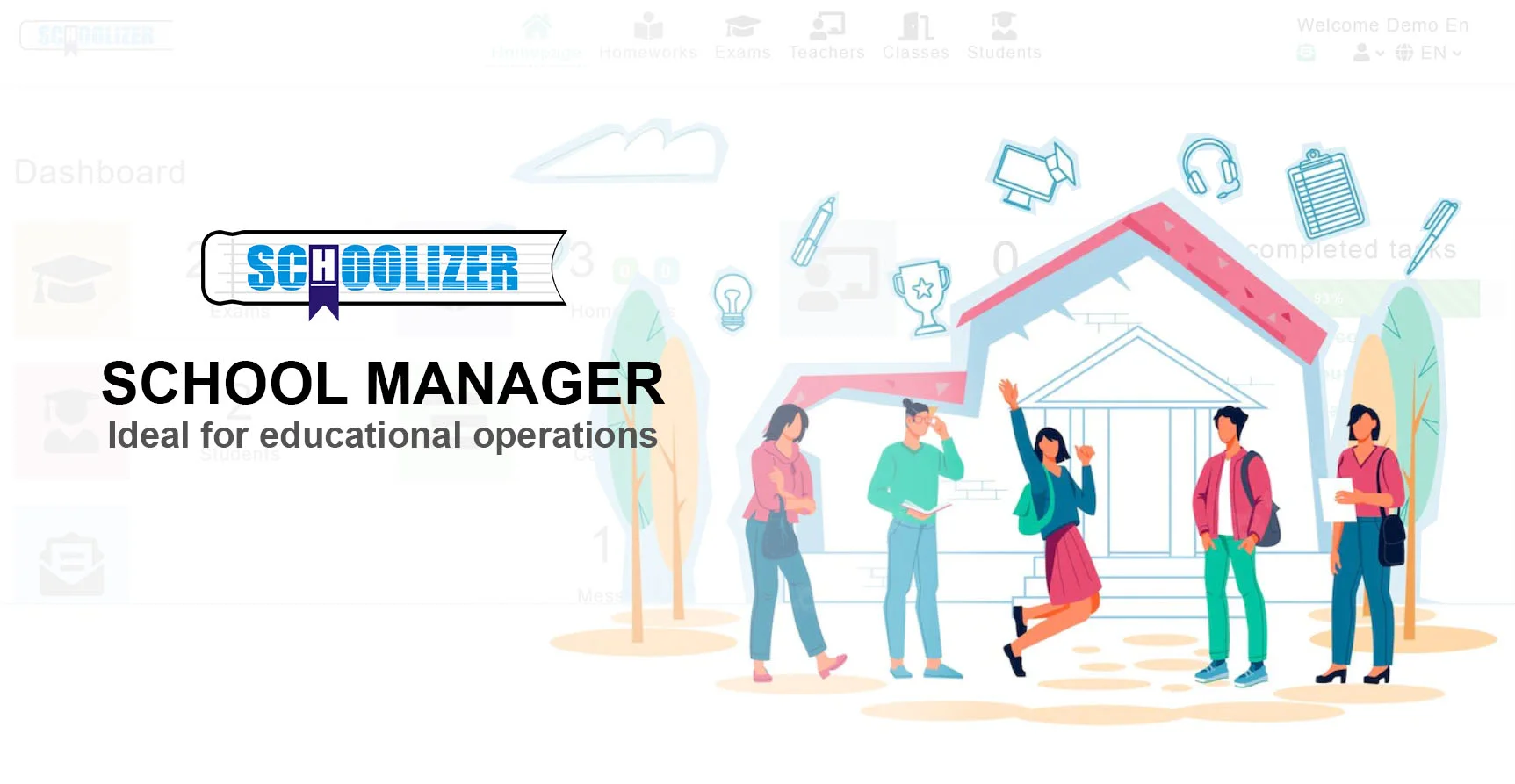The AI Paradox: Why Human Skills Become More Valuable as Technology Advances
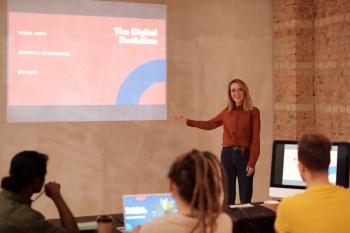
The AI Paradox: Why Human Skills Become More Valuable as Technology Advances
What happens when artificial intelligence becomes increasingly sophisticated? Why do human skills seem to gain rather than lose value in the age of automation? How can educators and professionals prepare for a future where technology and humanity coexist in unprecedented ways? These questions lie at the heart of one of the most fascinating developments in our technological era: the paradox that as AI capabilities grow, so too does the importance of distinctly human qualities.
The Foundation of the AI Paradox
The AI paradox represents a counterintuitive reality where technological advancement doesn't replace human value but rather amplifies it. As machines take over routine, repetitive tasks, they free humans to focus on what they do best: creative problem-solving, emotional intelligence, and complex decision-making. This phenomenon creates a symbiotic relationship where AI handles computational efficiency while humans provide contextual understanding and ethical judgment.
Consider the medical field, where AI can analyze thousands of medical images in minutes, identifying patterns invisible to the human eye. Yet the final diagnosis and treatment plan still require human doctors who understand patient history, emotional state, and unique circumstances. The technology becomes a powerful tool in expert hands rather than a replacement for expertise itself.

The Evolution of Workplace Skills in the AI Era
The Shift From Technical to Human-Centric Skills
As AI systems become more capable of performing technical tasks, the workplace increasingly values skills that machines cannot replicate. Emotional intelligence, creativity, adaptability, and critical thinking are becoming the new currency in the job market. Employers now seek individuals who can work alongside AI, using technology as an enhancement rather than seeing it as competition.
For example, in the marketing industry, AI can analyze consumer data and optimize ad placement with incredible precision. However, the human marketer still crafts the compelling narrative, understands cultural nuances, and builds genuine emotional connections with audiences. The technical execution becomes automated while the strategic and creative elements become more valuable.
The Growing Demand for Hybrid Skillsets
The modern professional must now develop a hybrid skillset that combines technical understanding with deeply human capabilities. This doesn't mean everyone must become a programmer, but rather that professionals should understand how AI works well enough to leverage it effectively while strengthening their uniquely human advantages.
A financial analyst today, for instance, needs both data literacy to work with AI-powered analytics tools and the critical thinking skills to interpret results in context, question anomalies, and make judgment calls based on factors beyond the data itself.

Educational Transformation in Response to AI
Rethinking Curriculum for Human-Centric Development
Education systems worldwide are beginning to recognize that preparing students for an AI-powered future requires less emphasis on rote memorization and more focus on developing human distinctive capabilities. Curriculums are increasingly incorporating project-based learning, collaborative problem-solving, and creativity exercises that machines cannot replicate.
In forward-thinking schools, students might use AI tools to research information quickly, then focus classroom time on debate, discussion, and application of knowledge. The technology handles information retrieval while humans engage in higher-order thinking.
Lifelong Learning as a Necessity
The rapid pace of technological change means that education can no longer end with formal schooling. Continuous skill development throughout one's career has become essential. Professionals must embrace lifelong learning to stay relevant, constantly adapting to new technologies while strengthening the human skills that become increasingly valuable.
Many corporations have established extensive learning and development programs focused specifically on human skill development, recognizing that their competitive advantage lies in their human capital's ability to work creatively with technology.
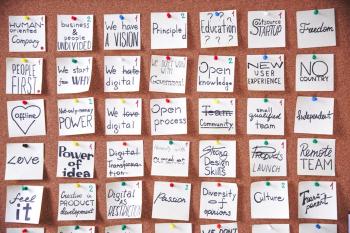
The Ethical Dimension of Human-AI Collaboration
As AI systems make more decisions that affect human lives, the need for ethical oversight and moral judgment becomes increasingly critical. Humans must provide the ethical framework within which AI operates, ensuring that technological advancement aligns with human values and social good.
In autonomous vehicle development, for example, engineers must program ethical decision-making into AI systems—decisions that involve complex moral calculations about safety, responsibility, and value of human life. These are not technical problems but deeply philosophical ones that require human wisdom and ethical reasoning.
Similarly, in content moderation on social platforms, AI can flag potentially harmful content at scale, but human judgment is essential for understanding context, nuance, and cultural sensitivity that algorithms might miss.

Real-World Applications and Success Stories
Healthcare: AI Augmentation, Not Replacement
In healthcare, we see compelling examples of the AI paradox in action. IBM's Watson can process medical literature and patient data to suggest treatment options, but it's the human doctor who considers the patient's quality of life, personal values, and unique circumstances to make final decisions. The technology enhances rather than replaces medical expertise.
Radiology provides another powerful example. AI can identify potential anomalies in medical images with astonishing accuracy, but radiologists provide the contextual understanding, correlate findings with other clinical information, and communicate results with compassion to patients.
Creative Industries: Technology as a Catalyst
In creative fields, AI tools are expanding human capabilities rather than limiting them. Graphic designers use AI-powered tools to handle repetitive tasks like resizing images or suggesting color palettes, freeing them to focus on conceptual creativity and strategic thinking.
Music producers employ AI to generate basic arrangements or suggest harmonies, but the human artist provides the emotional depth, cultural relevance, and authentic expression that resonates with audiences. The technology becomes a collaborative partner in the creative process.

Preparing for the Future: Strategies for Individuals and Organizations
Developing Your Human Advantage
For individuals navigating the AI era, the strategy should focus on developing skills that complement rather than compete with technology. This includes strengthening capabilities like critical thinking, creativity, emotional intelligence, and adaptability. Rather than fearing technological displacement, professionals should learn to leverage AI as a tool that enhances their human strengths.
Practical steps might include seeking projects that require complex problem-solving, practicing empathy and communication skills, and developing a growth mindset that embraces continuous learning and adaptation.
Organizational Adaptation
For organizations, success in the AI era requires creating cultures that value human skills alongside technological capability. This might involve redesigning workflows to maximize human-AI collaboration, investing in training programs that develop human-centric skills, and creating evaluation systems that reward creativity, innovation, and emotional intelligence.
Forward-thinking companies are establishing roles like "AI-Human Collaboration Specialist" and creating cross-functional teams that include both technical experts and professionals with strong human skills to ensure that technology implementation serves human needs and values.

The AI paradox presents not a threat but an opportunity—a chance to redefine what makes us uniquely human in an age of intelligent machines. By embracing this paradox, we can create a future where technology amplifies our humanity rather than diminishes it, where AI handles the predictable so humans can focus on the extraordinary. The most successful individuals and organizations will be those that recognize this symbiotic relationship and invest accordingly in both technological capability and human development.

